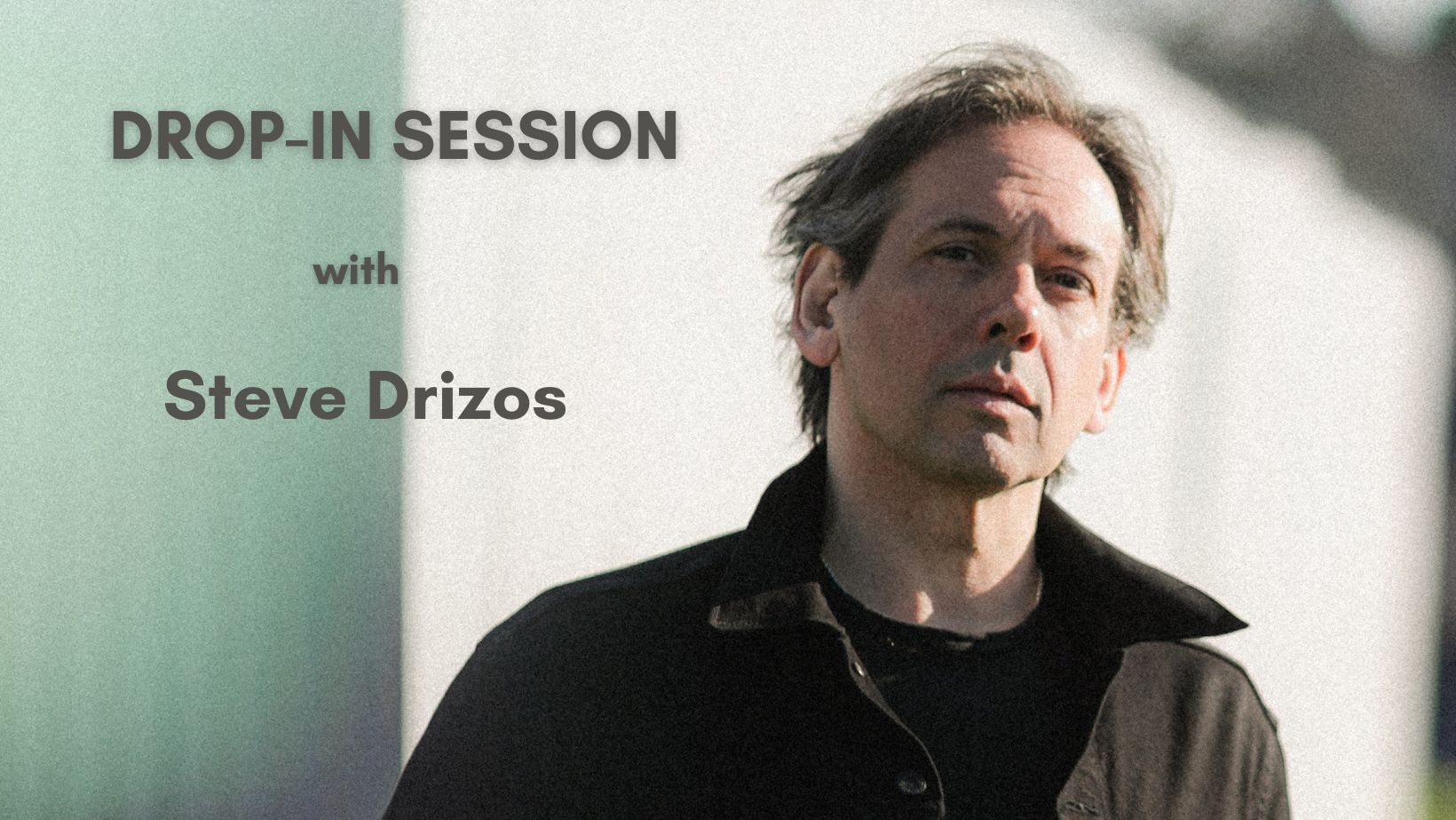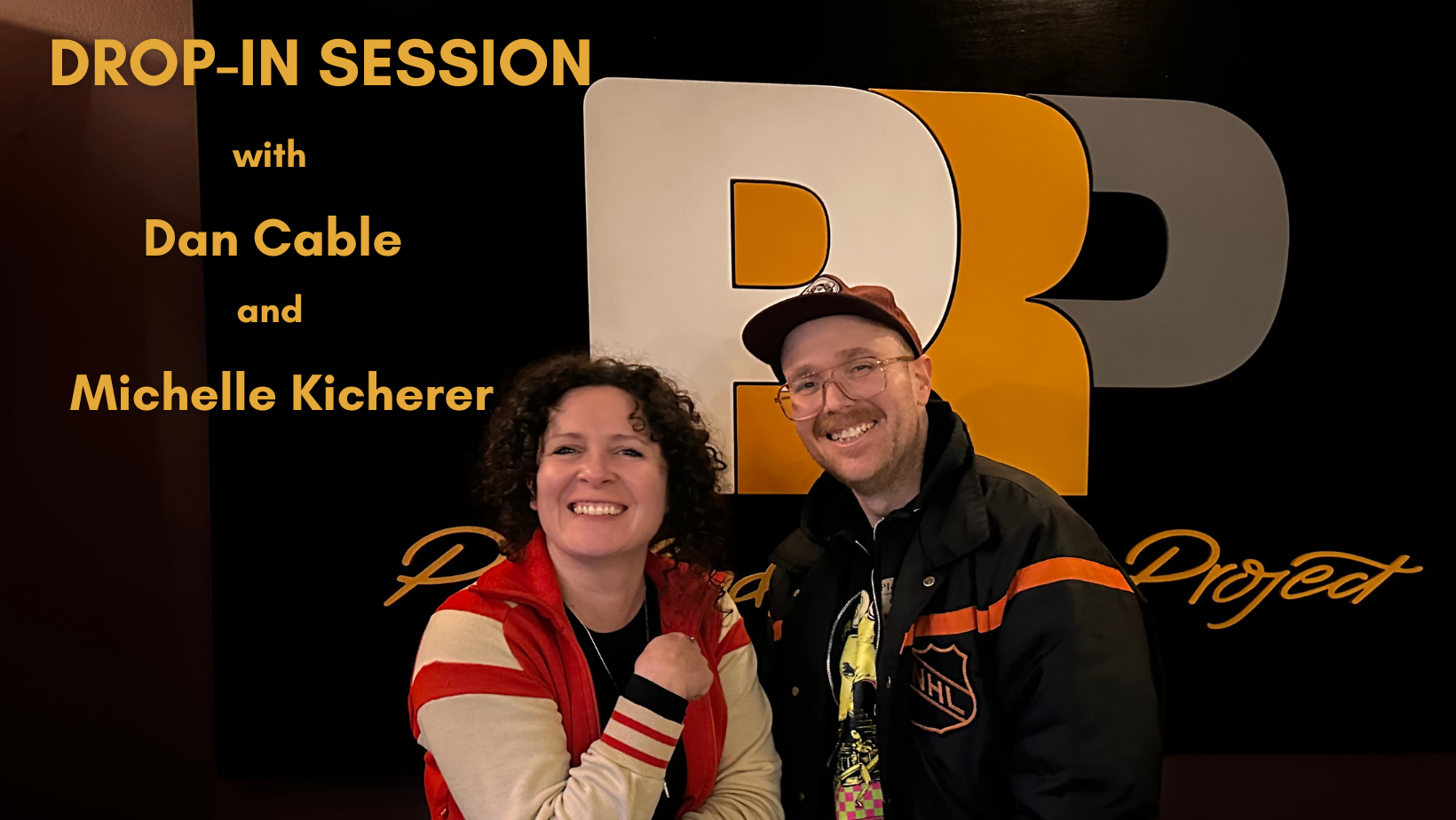We’ve been showing off the young and talented in these posts recently. Time to hear from a seasoned pro and share his observations through decades long experience as singer/songwriter and bandleader.
A Facebook post from Jack McMahon caught my attention and I got his permission to post it here and spread around some of those pearls of wisdom; some not so obvious and others just good because they bear repeating. ~Inessa
Jack McMahon on Pursuing the Noble Calling of Music
I’ve been a singer/songwriter and band leader for decades now and I have a few observations to share, if anyone is interested. These are not meant to criticize or to complain about anyone. I’ve been blessed throughout my career to play with musicians who have made these lessons clear to me in one way or another. I try to incorporate them into my own musicianship, sometimes more successfully than at others, but I always try to learn from mistakes and to grow as an artist and a performer. I hope these suggestions might serve as some helpful food for thought. You can disregard or take them to heart as you please. In my view these are some traits that set apart a great performer, musician, accompanist or bandmate from the rest:
Nine Tips for Pros
- Show up on time. Being late is disrespectful of everyone concerned i.e, bandmates, club owner and audience.
- Make sure your gear works. If you’ve been having some intermittent equipment problems get them fixed before the next gig. Cables, switches, tubes, buzzes or whatever – don’t allow your preventable (fixable) problem, to kill an otherwise successful gig or session for everyone.
- Play with a sense of “dynamics.” As a singer, I really appreciate a player who allows me and my audience to hear the lead vocal clearly. When it’s time for you to solo, go ahead and play loud if you want, it’s your spotlight. But afterward, return to a reasonable volume. A singer can only achieve nuances of style if he or she can hear what they’re doing beyond the stark basics of time and pitch.
- Listen to the vocal. If the singer is trying to execute some intricate phasing, this is not the time to show off your hot licks. Like the pistons and cylinders in a finely tuned engine (in turn), try to fill the holes between key vocal phrases. Otherwise, you are just stepping on each other and confusing the listener. A great “comp” player always understands this, and a good vocalist will welcome the musical dialogue you help to create.
- Serve the song. Listen to the melodic, harmonic and rhythmic character of the song and play off of those elements. Throwing your same standard riffs at every tune takes away from any unique qualities the song may possess. Think of how many great songs stand out because of the unique riffs that fit the song’s character so perfectly.
- Be ready to keep the energy flowing onstage. Long pauses between songs, while you fuss with this or that, kills any momentum which a set may have going for it. It really makes a difference in holding your audience’s attention, especially on the dance floor!
- Be a team player. Listen to everybody else in the band. Don’t bury them with your loudness or your busyness. A great ensemble performance is like an interesting conversation. You state most thoughtfully when you have listened well.
- Be positive and leave your “rough day” behind you. It’s liable to bring the gig and everybody else down. For the most part, we’re all there to get away from our troubles and stress, and to have a good time. So if you’re not having fun, do your best to fake it.
- Be available to rehearse new material. It keeps life fresh and interesting for everyone (including yourself) to master new songs. Your audience deserves it. Emailing sound files (as a substitute for rehearsal) is impersonal and doesn’t allow for that “give and take” and “trial and error” in the way that live rehearsal on the floor does. Rehearsing demonstrates that you continue to care and to grow as an artist, even as it helps to build real chemistry between the players. All of our lives are busy and it’s hard sometimes to make the time for this, but a little bit goes a long way to breed results, and to show that you really do care about the part you have chosen to play in a given musical undertaking.
Being a musician is perhaps as noble a calling as any life has to offer. There is no greater feeling in the world (okay, maybe just one) than that magic that happens when a band is playing greater (and thus, sounding better) than the sum of its parts. This is not a complete list and I may not have stated anything above that you didn’t already know or feel, but if nothing else, I’m glad I reminded myself of some of the things great players do that continue to bring me joy.
- A Very New Pickathon in 2022 - August 13, 2022
- Pickathon returns to Pendarvis Farm! It’s not just the artists that’ll be new. - August 3, 2022
- July is BIPOC Mental Health Awareness Month (Black, Indigenous, Persons of Color) - July 14, 2022









Excellent tips from Jack!